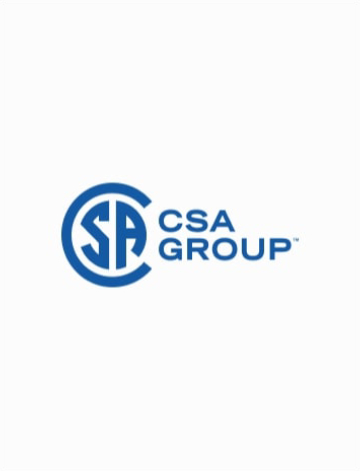
CSA ISO/IEC 9798-3:20
IT Security techniques — Entity authentication — Part 3: Mechanisms using digital signature techniques (Adopted ISO/IEC 9798-3:2019, third edition, 2019-01)
- English
- Publication Year 2020
- Published by CSA Group
Available Formats:
Language:
Format: PDF
Language:
English

